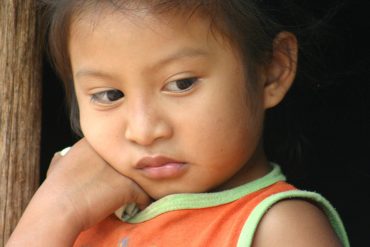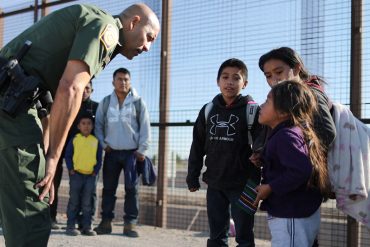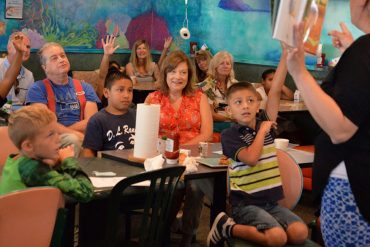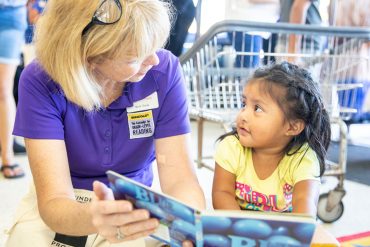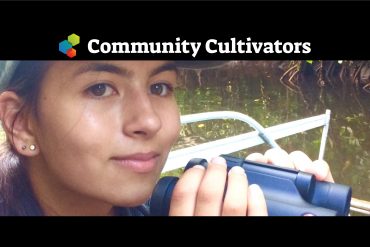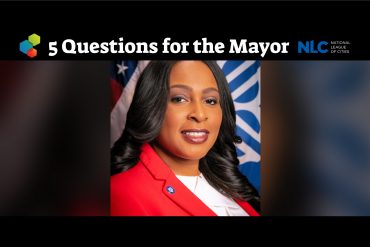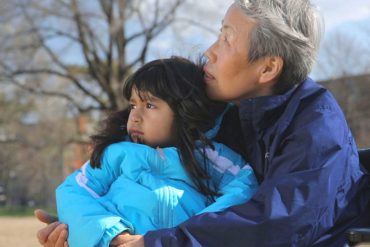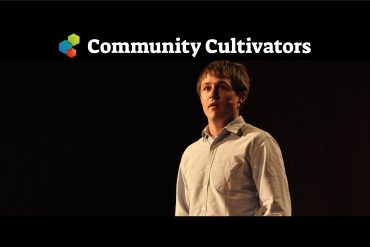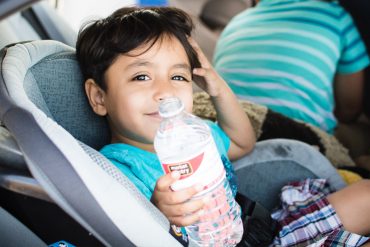A lead crisis plaguing Newark, N.J., is the latest large-scale threat posed by lead in water, a health hazard that’s...
The World Health Organization (WHO) has issued its first-ever guidelines on screen time for children younger than 5, recommending no...
The Consequences of Forced Separation
When Traumatized Children Return to Traumatized Parents
Science tells us that an outpouring of stress hormones shapes the way the brain develops. Trauma affects behavior, brain development, even the immune system. It’s devastating for all, but for newborns and youngest children, the impact can be profound.
The 24/7 news cycle tends to push certain crises at us for a day or two before other breaking stories come along to replace them. Of course, the human beings caught up in these tragedies don’t have the luxury of moving on. In the case of the forced separation of immigrant children from their families, young victims continue to face severe adversity.
Why Don’t We Just Do That?
Over Cocktails, Restaurateurs Hatch a Plan for Literacy
Three years ago, Amanda and John Horne, owners of Anna Maria Oyster Bar in Bradenton, Florida, heard that 51 percent of children in their local Manatee County school system couldn’t read at grade level by third grade. They were appalled.
“This was horrific,” Amanda says. “We had no idea that this was an issue.”
Over cocktails one night, Amanda and John wondered what they could do. Their clientele is largely composed of older “grandparent-type” people. They have four restaurants and a mailing list of more than 24,000 customers. What if they could pair children up with a grandparent figure or somebody who cares about them, read with them and maybe instill them with a love of reading?
Mobilizing Communities So All Children Make the Grade
Pop Up Neighbor events, community, collaboration, mobilization
Even without advance promotion, when word got out that the SuperMatt Laundromat in Sarasota, Florida, was offering free laundry all day, neighborhood residents formed a steady stream of customers.
Not only was laundry-and-all-the-fixings free—a boon to low-income families who can ill afford the $35 to $50 a week they spend trying to keep their kids in clean clothes—the food bank was there with abundant food to restock their pantries.
Best of all, there were books—lots of books—and plenty of volunteers to read to children while the adults did as many loads of laundry as needed. When the children left, books went home with them.
Mya-Rose Craig, 17-years old, has followed her passion for birds and the environment to create and galvanize a community of activists of all ages. In the process, as a young Muslim woman, she’s been trolled on social media. Not an insurmountable problem, though, as Mya-Rose is keeping her eye on a larger issue: saving the planet.
The Trump administration has rejected a proposed ban on a pesticide used for generations that repeatedly has been linked with,...
Where do you go for the top news in Early Learning at the municipal level? Check out “5 Questions for the Mayor,” where we’ll explore the top Early Learning challenges and successes in cities across the nation. We’re thrilled to partner with the National League of Cities on this new series.
Paid family leave — to care for new children or aging relatives, or to recover from a serious health problem...
Shared Values, Different Stories
Logan Smalley’s Vision for Building Community
Like a lot of kids, Logan Smalley liked to take his toys apart and then try (the operative word is...
Summer travel is a whole other thing when you’re a parent of young children. The rest and relaxation you’ve been...




